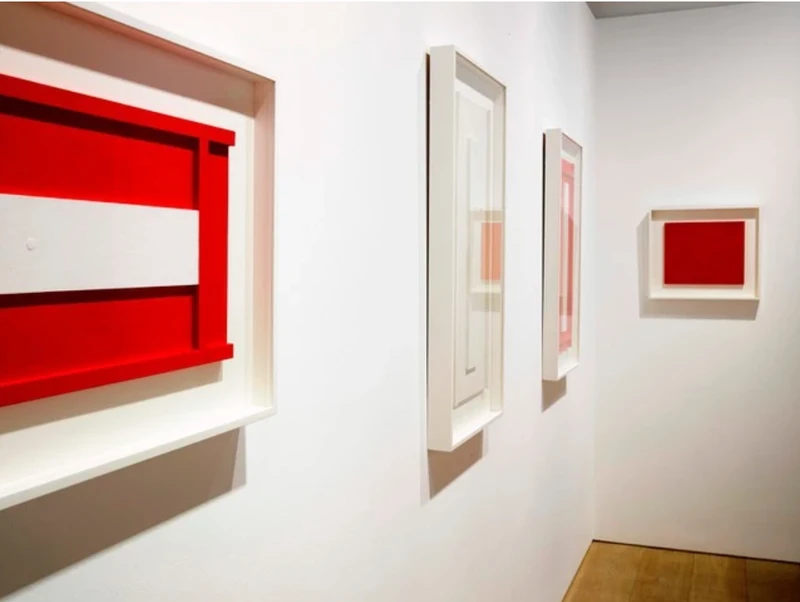Li Yuan-Chia


b. 1929, China
d. 1994
Li Yuan-Chia was one of Taiwan's earliest pioneers of abstract and conceptual art. One of only a few Taiwanese artists to gain acclaim in the international art world, his creative scope encompassed ink painting, oil, monochromatic painting, conceptual art, photography and mixed media, including sculpture, environmental art and participatory installations. Li saw himself as a philosopher, photographer, a mathematician and a poet. Largely regarded as China’s ‘first conceptual artist,' Li was born of humble beginnings in Guangxi, China. Given up for adoption at a young age, he travelled through a succession of orphanages and ended up in Taiwan. A student of art education at the Taipei Normal College for Teacher Training, Li quickly fell in with the revolutionary Ton-Fan group, where he became known as one of the ‘8 Great Outlaws' – the first abstract artists of Taiwan. Through his association with the group, and to escape martial law in the country, Li travelled to Bologna, then London, eventually finding his home in Cumbria in a house he purchased from the artist Winifred Nicholson in 1972. The house became the site of his life’s work – the LYC Museum and Art Gallery – a place for showing innovative art by over 300 artists, exhibited alongside Roman artefacts, traditional Cumbrian crafts and Li’s own experimental artwork, which included paintings, ink drawings, sculpture and photography.
Li participated twice at the São Paulo Biennale, and had important solo shows, including 'Li Yuan-chia: Unique Photographs,' The Whitworth, Manchester (2019); 'Li Yuan-chia,' Sotheby's S|2 Gallery, London (2017); Tate Modern: Display, London (2014); 'View-Point: A Retrospective Exhibition of Li-Yuan-chia,' Taipei Fine Arts Museum (2014); and a solo exhibition at Camden Arts Center in London (2001), which subsequently travelled to Abbot Hall Art Gallery, Kendal, UK and Palais des Beaux-Arts, Brussels. Most recent group shows include 'Speech Acts: Reflection-Imagination-Repetition', Manchester Art Gallery, Manchester (2018); and 'SIGNALS', S|2 Gallery, London, UK (2018).